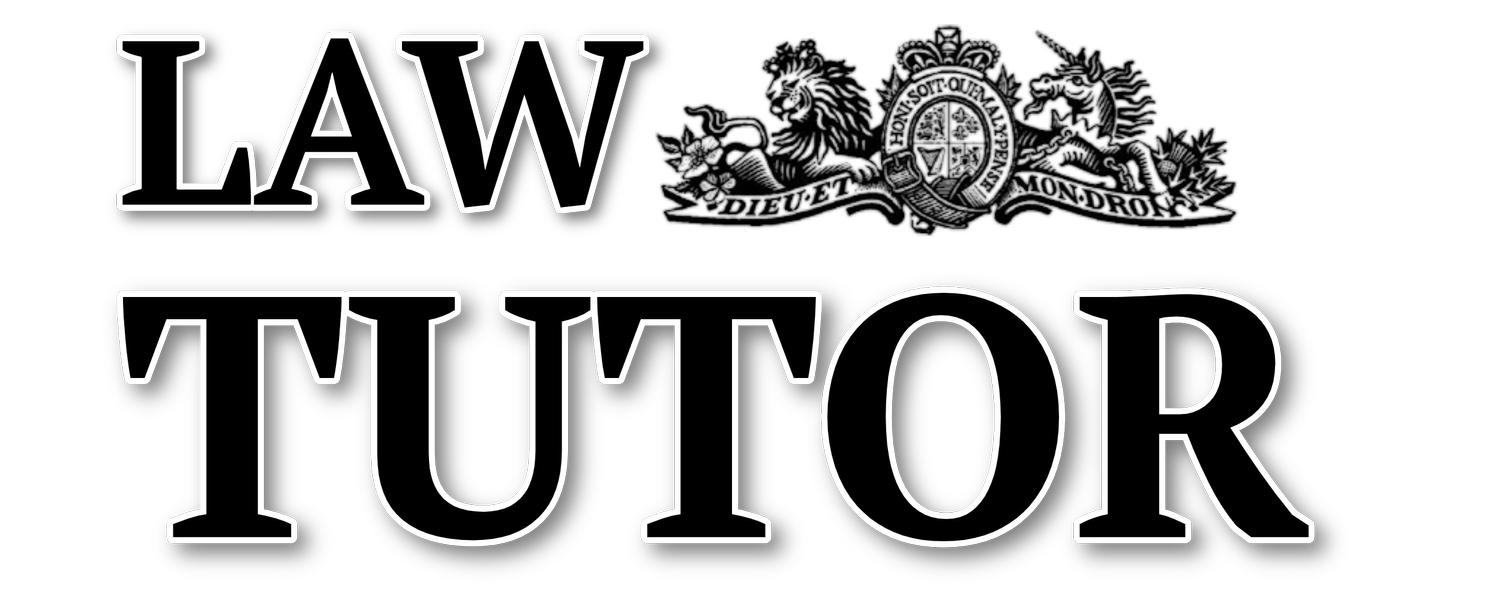Human Rights Act 1998
The Human Rights Act 1998 Meaning
The Human Rights Act 1998, which came into force on October 2nd of that year, has now incorporated several fundamental rights and freedoms into UK law. These rights include the right to life, the prohibition of torture, the right to a fair trial, freedom of expression, and respect for private and family life, among others. By making these rights legally enforceable through UK courts, the Human Rights Act has granted individuals greater protection against infringement upon their basic rights. Additionally, it has created a means for individuals to hold the government accountable for any violations of these rights, thereby ensuring greater transparency and accountability within the legal system. The incorporation of the Human Rights Act is a significant milestone in the UK's history and serves as a testament to its commitment to upholding the fundamental principles of human rights.
Human Rights Act 1998
In English courts, claims based on convention rights are permitted, which means that individuals can rely on the European Convention on Human Rights (ECHR) to protect their rights and freedoms. The ECHR is an international treaty that sets out a series of fundamental human rights that signatory states must protect and uphold. The UK is a signatory state and has incorporated the ECHR into its domestic law through the Human Rights Act 1998. In addition, the case law established by the European Court of Human Rights (ECtHR) must be taken into consideration by the courts in the UK. This means that the courts are bound to follow the principles established by the ECtHR and ensure that the rights and freedoms protected by the ECHR are respected, even if it means going against domestic legislation.
human rights act 1998 summary
The Human Rights Act 1998 has been an important tool in safeguarding the rights of individuals in the UK and has contributed greatly to promoting a society that respects and upholds human dignity.
Article 2 - Right to life
Article 3 - Prohibition of torture
Article 4 - Prohibition of slavery and forced labour
Article 5 - Right to liberty and security
Article 6 - Right to a fair trial
Article 7 - No punishment without law
Article 8 - Right to respect for family and private life
Article 9 - Freedom of thought, conscience and religion
Article 10 - Freedom of expression
Article 11 - Freedom of assembly and association
Article 14 - Prohibition of discrimination
Article 1 of 13th Protocol _ Right not to be subjected to the death penalty
Article 3 of 1st Protocol - Right to free elections
LAW BOOKS
A Law Tutor and barrister wrote these books. The Core Series books were made to give students a strong understanding in legal theories and principles. They are an essential tool for students studying for LLB and SQE, PGDL, GDL, CILEX Qualification Framework, and University of London LLB Curriculum tests. The Q&A Series books are a set of suggested answers that are likely to come up as exam question or coursework assignments.


